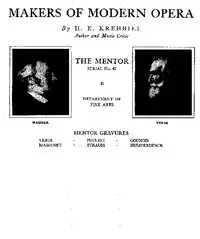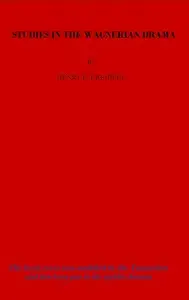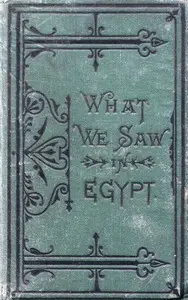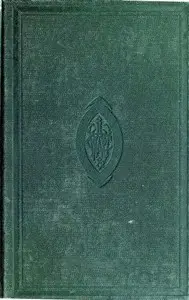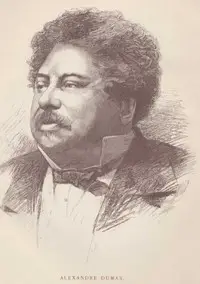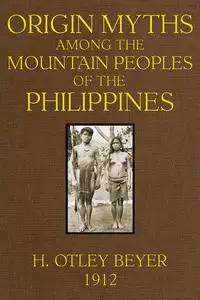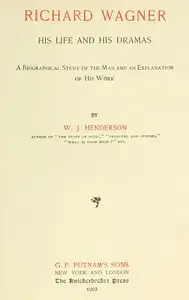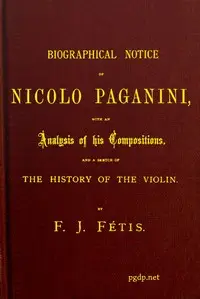"A Book of Operas: Their Histories, Their Plots, and Their Music" by Henry Edward Krehbiel is a comprehensive analysis of opera, focusing on key works and their journeys through performance history, written in the late 19th century. This exploration delves into the narratives, characters, composers, and significant productions of various famous operas, elucidating how their intricate plots and musical compositions have evolved over time and gained traction in various cultural contexts. The opening of the book lays the groundwork by detailing the history of Italian opera in America, beginning with the landmark performance of Rossini's "Il Barbiere di Siviglia." This section highlights the challenges and triumphs faced during its introduction, including initial failures and later success, while recounting the pivotal roles performed by singers and composers involved. An in-depth examination of "Il Barbiere di Siviglia" reveals its plot dynamics, character motivations, and the ingenuity that Rossini brought to the score, often reflecting on how the work has been interpreted and adapted throughout the years, showcasing Krehbiel’s expertise in bridging the gap between musical theory and practical performance history. (This is an automatically generated summary.)

A Book of Operas: Their Histories, Their Plots, and Their Music
By Henry Edward Krehbiel
"A Book of Operas: Their Histories, Their Plots, and Their Music" by Henry Edward Krehbiel is a comprehensive analysis of opera, focusing on key works...
Henry Edward Krehbiel was an American music critic and musicologist who was the chief music critic of The New York Tribune for more than forty years. Along with his contemporaries Richard Aldrich, Henry Theophilus Finck, W.J. Henderson and James Huneker, Krehbiel is considered part of the 'Old Guard', a group of leading New York–based music critics who first established a uniquely American school of criticism. A critic with a strong bend towards empiricism, he frequently sought out first hand experiences, accounts and primary sources when writing; drawing his own conclusions rather than looking to what other writers had already written. A meliorist, Krehbiel believed that the role of criticism was largely to support music that uplifted the human spirit and intellect, and that criticism should serve not only as a means of taste making but also as a mode to educate the public. His book How to Listen to Music was widely used as an instructional guide by the music consuming public in the United States during the last years of the 19th century and first several decades of the 20th century.




